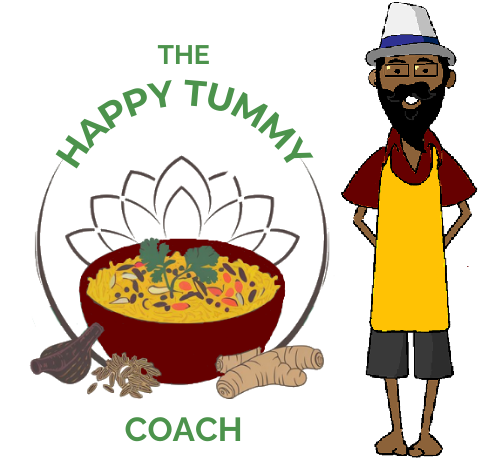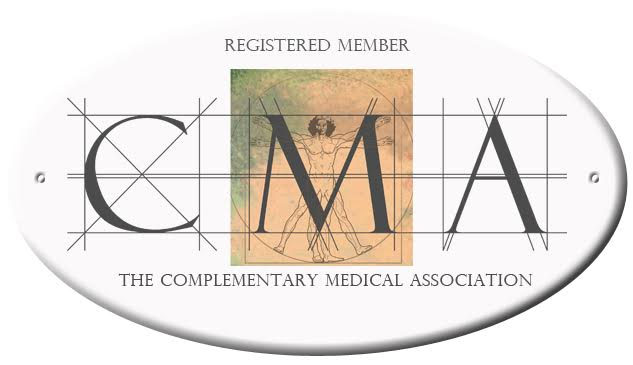Introduction
How can something so tiny as Mustard Seeds, be so powerful? Mustard seeds, though small in size, are packed with immense health benefits and robust flavor. Used for centuries in culinary traditions and traditional medicine around the world, mustard seeds are celebrated not just for their taste but for their therapeutic properties as well. Come with me, let’s explore the powerful punch of mustard seeds and understand why these little seeds deserve a big place in your diet.

Historical Background
The story of mustard seeds goes back thousands of years. Records say they were first cultivated in the Indus Valley around 3000 BCE and later spread across Europe, Asia, and Africa. Ancient civilizations valued mustard seeds not only for their kitchen flavours and aromas, but also for their medicinal properties. The Romans, Greeks, Indians, and Egyptians all used mustard seeds in various dishes and as remedies for ailments such as digestive issues and respiratory problems. Mustard seeds were also symbolic of strength and vitality in many cultures, making them an essential part of rituals and ceremonies
Nutritional Profile of Mustard Seeds
Mustard seeds are a good source of omega-3 fatty acids, which are beneficial for heart health and inflammation reduction. Additionally, mustard seeds contain fiber, protein, vitamin A, vitamin C, and vitamin K, as well as calcium, iron, and magnesium. These nutrients support digestive health, boost immunity, aid in bone strength, and promote skin health.
Medicinal Properties of Mustard Seeds
The medicinal properties of mustard seeds stem from two main bioactive compunds: glucosinolates and allyl isothiocyanate. These compounds have antimicrobial, anti-inflammatory, and antioxidant effects, making mustard seeds valuable in traditional medicine. They are used to alleviate symptoms of indigestion, stimulate appetite, improve respiratory function, and relieve pain. Mustard seed poultices are also applied topically to reduce inflammation and promote healing in skin conditions like arthritis and muscle soreness.
Culinary Uses of Mustard Seeds
Mustard seeds are a staple in many cuisines worldwide, adding a distinctive flavor and heat to dishes. They come in three main varieties: yellow (mild and slightly sweet), brown (strong and pungent), and black (intensely spicy). Mustard seeds can be used whole, crushed, or ground into powder, each offering a unique flavor profile. They are commonly used in pickles, relishes, marinades, dressings, sauces (such as mustard sauce), spice blends, temperings, and meat rubs. Mustard oil, extracted from mustard seeds, is also used in cooking and as a flavoring agent.
Incorporating Mustard Seeds into Daily Life
Tempered Mustard Seeds for Flavorful Dishes
Ingredients:
- 1/2 to 1 teaspoon mustard seeds
- 1/2 to 1 teaspoon cumin seeds
- 5 to 7 curry leaves
- (optional) 1 dried chilli, roughly broken
- 1 tablespoon ghee, extra virgin olive oil, or sustainably sourced coconut oil
Directions: - Warm ghee/oil in a pan on medium heat, and add mustard and Cumin seeds, curry leaves, and (optional) dried red chilli.
- Let the seeds splutter and release their aroma. Then switch off heat and immediately add into dal (lentils), soups, stews, curries, and rice dishes
Tangy Mustard Sauce for Dips and Dressings
Ingredients:
- 3 tablespoons mustard seeds
- 2 tablespoons apple cider vinegar
- 1 tablespoon honey
- Salt to taste
Directions:
- Soak mustard seeds in vinegar for a few hours or overnight.
- Blend soaked seeds with vinegar, honey and salt until smooth.
- Adjust consistency with water and refrigerate for a tangy mustard sauce.
Mustard Seed Body Scrub for Exfoliation
Always perform a patch test on the back of your hand to test for allergies or adverse reactions, before going ahead with main treatment
Ingredients:
- 2 tablespoons mustard seeds (ground)
- 1 tablespoon honey
- 1 tablespoon extra virgin olive oil
Directions:
- Mix ground mustard seeds, honey, and olive oil to form a paste.
- Gently massage the scrub onto damp skin in circular motions.
- Rinse off with warm water for exfoliated and refreshed skin.
Mustard Seed Hair Oil for Scalp Nourishment
Always perform a patch test on the back of your hand to test for allergies or adverse reactions, before going ahead with main treatment
Ingredients:
- 2 tablespoons mustard seeds
- 1/2 cup coconut oil
- 1 teaspoon fenugreek seeds (optional, for added hair strength)
Directions:
- Grind mustard seeds into a fine powder.
- In a small saucepan, heat coconut oil over low heat.
- Add ground mustard seeds (and fenugreek seeds if using) to the warm coconut oil.
- Allow the mixture to simmer gently for about 5-10 minutes, ensuring the oil doesn’t smoke.
- Remove from heat and let it cool to room temperature.
- Strain the oil to remove any residue.
- Transfer the infused mustard seed oil into a clean, airtight container for storage.
Application:
- Before using, warm a small amount of mustard seed hair oil in your palms.
- Massage the oil gently into your scalp using circular motions.
- Leave the oil on for at least 30 minutes or overnight for deeper nourishment.
- Wash your hair thoroughly with a mild shampoo to remove the oil.
Benefits:
– Mustard seed oil promotes scalp health by improving blood circulation and stimulating hair follicles, which may lead to stronger and healthier hair growth.
– It nourishes the scalp and hair roots with essential nutrients, helping to reduce dryness, dandruff, and scalp irritation.
– The antimicrobial properties of mustard seeds can also contribute to maintaining a healthy scalp environment, preventing scalp infections and promoting overall hair health.
Conclusion
Mustard seeds are mighty powerhouses of nutrition, healing and therapeutic activity. Incorporating mustard seeds into your daily life adds, flavour, aroma, zing, and overall wellness and healing to support your holistic balance and wellness.
Share your experiences and questions below in the comments section!
With love,
Research and Further Reading
- Biologically Active Compounds in Mustard Seeds: https://www.ncbi.nlm.nih.gov/pmc/articles/PMC8472142/
- Mustard Seeds in Ayurvedic Medicine: https://www.researchgate.net/publication/347615153_Mustard_Seeds_in_Ayurvedic_Medicine
- Mustard Seeds as a Bioactive Component of Food: https://www.researchgate.net/publication/357764574
- Glucosinolates and Omega-3 Fatty Acids from Mustard Seeds: https://www.ncbi.nlm.nih.gov/pmc/articles/PMC9459965/
- What Are the Health Benefits of Mustard Seed? https://www.webmd.com/diet/what-are-the-health-benefits-of-mustard-seed





